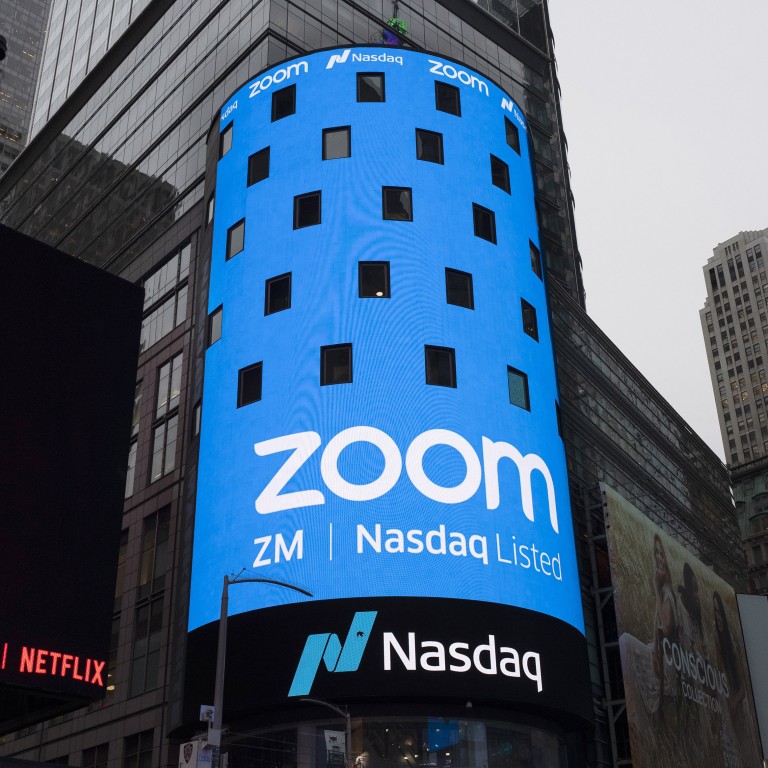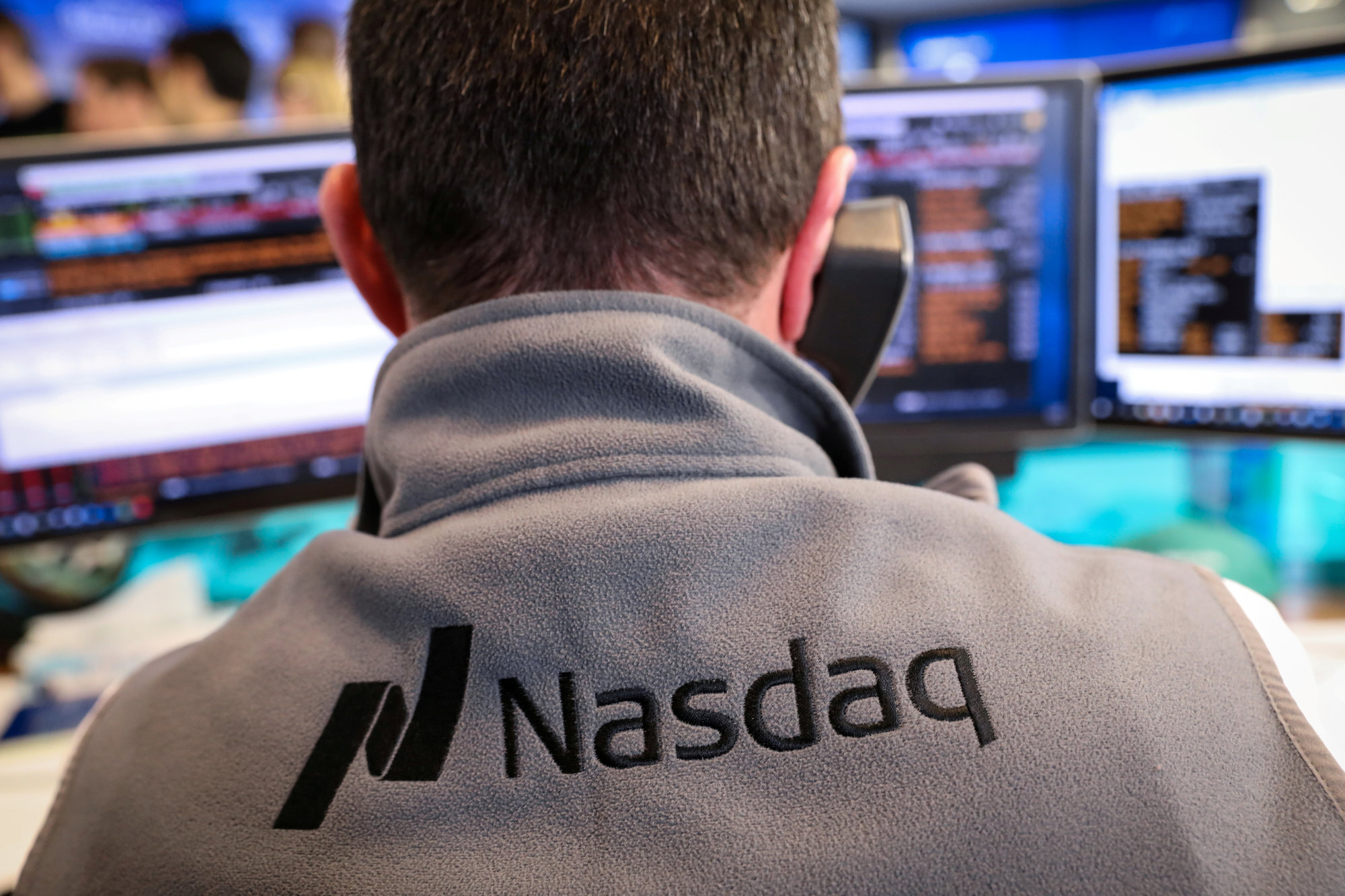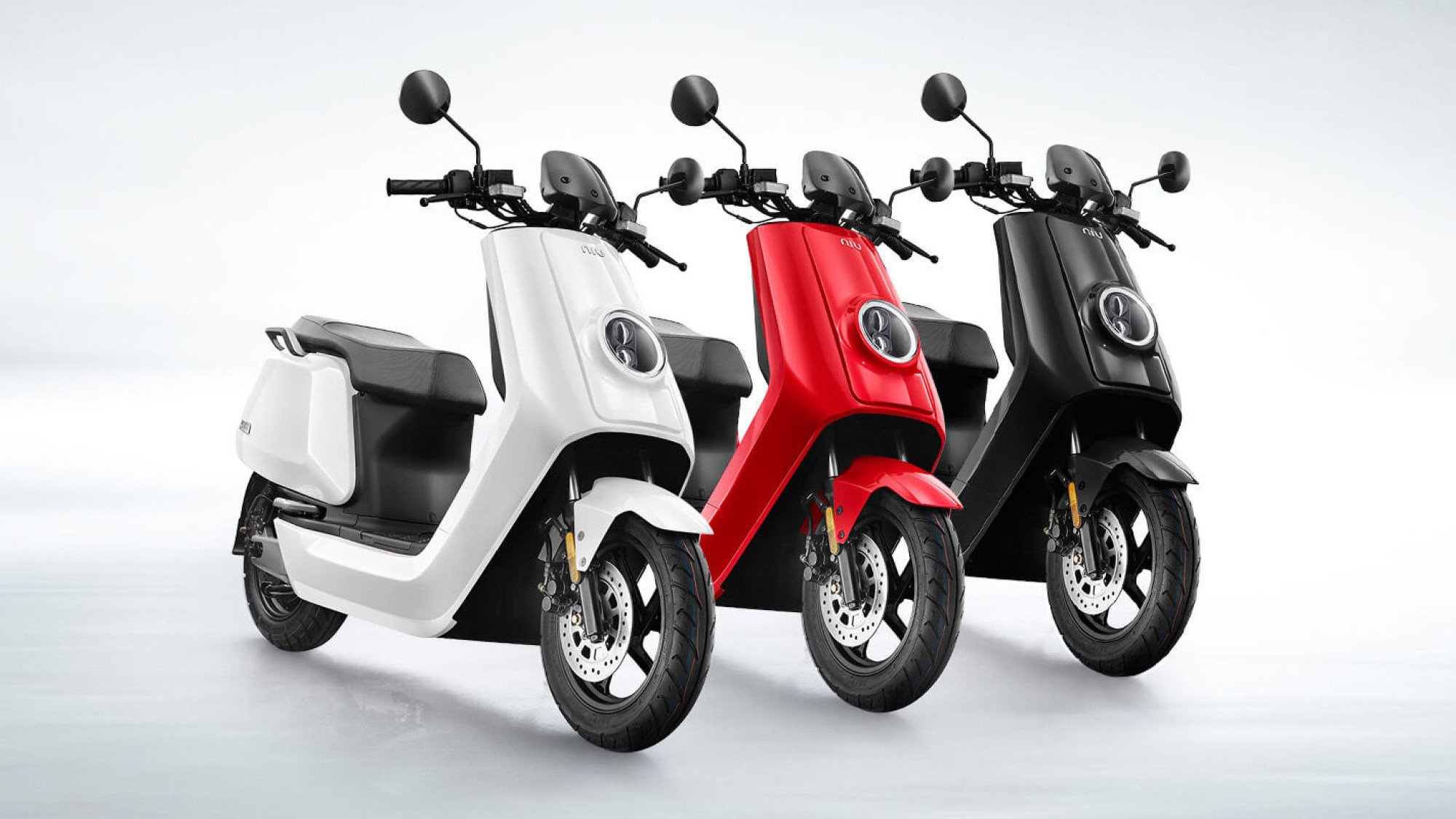
Confusion over stock names of Zoom, NIO, and SIGL show how Wall Street’s lax naming rules breed doppelganger stocks
- While Zoom Video Communications’ popularity boosted its share price fourfold last year, it inadvertently lifted another Chinese company, Zoom Technologies
- Zoom Technologies, a maker of mobile phone components, was asked by US regulators to change its ticker sign from ZOOM to ZTNO to avoid confusion among investors
Of the many bizarre happenings in stock trading, one that stands out is the classic tale of mistaken identity on Wall Street. Similar ticker symbols have occasionally sent the wrong stock flying, but last year’s rip-roaring market increased the frequency and Nasdaq is keen for investors to not mess up.
The Silicon Valley start-up trades under the ticker symbol ZM, while the latter previously went by ZOOM, causing confusion among some investors.
Between two companies with similar names or tickers, trades made by mistake could account for 5 per cent of trading turnover for the smaller firm, according to a study by New Jersey-based Rutgers University in 2019. Such investor confusion could cost an average of US$1.1 million a year in transaction costs.

And despite the confusion on doppelganger stock mix-ups, bourse operators maintain a more hands-off approach with ticker confusion.
“Companies are allowed to select their own ticker and investors should always perform the due diligence on the company to make sure they’re looking at the correct ticker when looking to invest in a company,” a spokesperson from Nasdaq said in an email reply to the Post last week.
The New York Stock Exchange did not respond to a request for comment.
At its peak last March, Beijing-based Zoom Technologies, which trades as an over the counter stock, had soared more than 1,800 per cent to US$20.90. This forced the Securities and Exchange Commission to intervene and suspend trading from March 26 to April 8, citing concerns of “confusing this issuer with a similarly-named Nasdaq-listed issuer”.
To avoid further confusion, the Financial Industry Regulatory Authority imposed a temporary halt in trading on April 9, saying it was necessary to effect a symbol change for Zoom Technologies. Trading resumed on April 14 after a change in its ticker symbol to ZTNO.
The stock has since given up most of its gains, closing at US$0.29 on Tuesday.

“The major reason for [ticker confusion] could be that US retail investors are less familiar with the fundamentals and basic profiles of Chinese American depositary receipts (ADRs),” said Bruce Pang, head of macro and strategy research at China Renaissance in Hong Kong, adding that Chinese investors, too, could be less familiar with the US markets.
Some of the confusion could also be attributed to retail investors who took to trading stocks during the pandemic, hoping to make a quick buck while stuck at home, Pang said. Bourses that use letters in stock symbols might be exposed to a higher risk of ticker confusion, compared to Asian markets which rely on numbers, he added.
Beike and Danke, both sharing the character “ke” or shells, are online property platforms listed on the New York Stock Exchange. Differing by just a Mandarin character, the coronavirus-ridden year has spun starkly different fates for the pair.
Launched in 2018, Beike Zhaofang is China’s largest online property brokerage platform, generating revenue mostly from commission fees. Backed by Tencent Holdings and Softbank Group, Beike raised US$2.12 billion last August. Operated by KE Holdings, its stock has since doubled from its IPO price to US$52.43 on March 5.
Danke, which means eggshells in Chinese, tells a grimmer tale. Once a rising star in China’s red-hot rental market, its debt-fuelled growth led to its swift collapse. The firm was founded in 2015 and counts Alibaba, which owns this newspaper, as one of its major backers. It takes on long-term leases from landlords and pays them on a monthly or quarterly basis. The flats are then rented out to tenants, who pay a year’s rent upfront. While the excess cash has funded Danke’s expansion, the business took a massive hit when the coronavirus pandemic dented vacancy rates.
Run by Phoenix Tree Holdings, Danke saw its share price crater 83 per cent since its IPO in January last year, closing at US$2.27 on March 5.

Its lesser-known counterpart, NIU Technologies, has been manufacturing smart electric bicycles and motorcycles since 2014. NIU’s expansion efforts last year led to 566 new stores in the mainland, taking the total to 1,616, according to its latest earnings results. In its international markets, NIU has 116 flagship and premium stores across 46 countries, an increase of 26 from a year ago.
Last year, its Nasdaq-listed shares were up 247 per cent. It fell 8.32 per cent to US$30.76 on March 8, after releasing its fourth quarter results.

